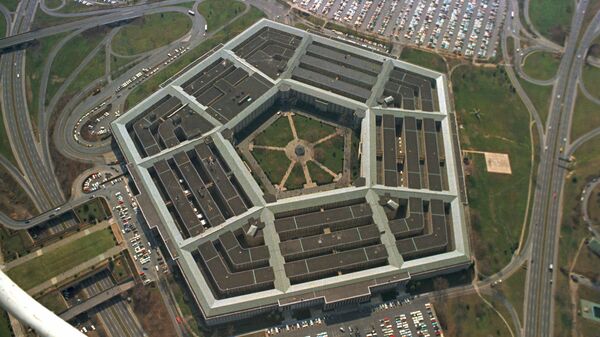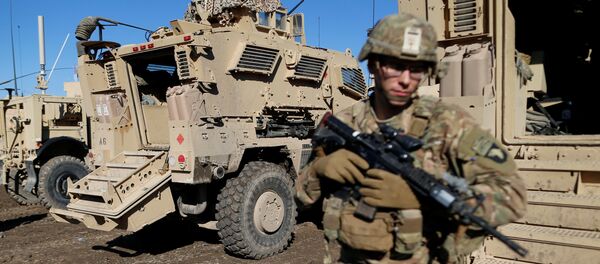Pentagon Comptroller David Norquist and spokesperson Dana White announced the audit on Friday. "It is important that the Congress and the American people have confidence in DoD's management of every taxpayer dollar," Norquist said.
"With consistent feedback from auditors, we can focus on improving the processes of our day-to-day work. Annual audits also ensure visibility over the quantity and quality of the equipment and supplies our troops use."
Auditing the DoD is a herculean task. A whopping 2,400 auditors will be inspecting an agency with a 2018 annual budget of $700 billion, assets valued at roughly $2.4 trillion, and 2.9 million employees spread out across hundreds of offices.
The move has been celebrated by transparency groups such as Citizens Against Government Waste (CAGW). "Taxpayers should be encouraged that DOD has finally begun the necessary process of auditing its gargantuan bureaucracy. The Pentagon has done an exemplary job of protecting our national security, but a very poor job of keeping track of how defense dollars are spent," said president Tom Schatz.
Many feel the move is long overdue. Every federal agency except the DoD already complies with the 1990 Chief Financial Officers Act, which requires them to release full financial statements annually.
"The Pentagon must conform to the same level of accountability to which other public sector agencies are held when it comes to spending taxpayer dollars," Rep. Michael Burgess (R-TX) told The American Conservative. "There is no reason why the Department of Defense should remain the only federal agency to not receive an audit opinion."
In December 2016, the Washington Post claimed to have acquired an internal Pentagon document pointing to a breathtaking $125 billion in administrative waste in the DoD. The document was reportedly buried until The Post uncovered it.
The auditors will be coming from numerous independent public accounting firms. Norquist said that from 2018 onwards, the DoD will be audited annually to cut down on government waste.
Norquist also discussed what the DoD would do in the case of a government shutdown. Military personnel and exempted civilian personnel would continue to return to work, but hundreds of thousands of non-exempted civilian employees would be temporarily unemployed.
"Any time we get close to the end of a CR [continuing resolution], we automatically go through and update our contingency plans," Norquist said. "And so we've had to do that several times this year."
Disagreements over the budget for fiscal year 2018 has created the looming threat of a government shutdown. On Thursday evening, Congress passed a two week extension to the 2017 budget known as a continuing resolution so that debate over a budget that can pass both Congress and the White House can continue.
"I cannot emphasize too much how destructive a shutdown is," said Norquist. "We've talked before about the importance of maintenance on weapons systems and others, but if it's not an excepted activity, there'll be work stoppage on many of those maintenance functions."
"What the CR says is, 'Stop, wait, don't award that contract yet,' which delays when you begin to increase the quantity and the production." As such, Norquist added, he hoped that Congress resolved their budget debate forthwith.






